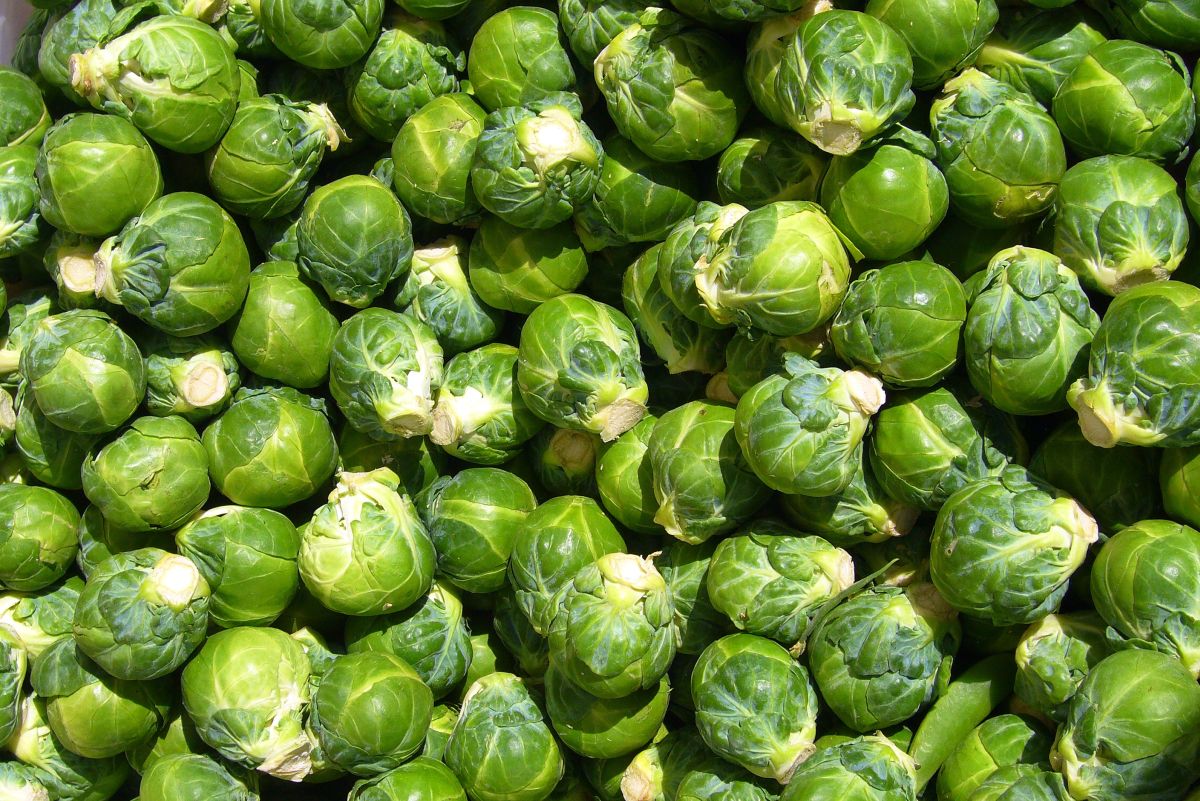
An average medium sized home could be powered for 57 years if all the wasted food at Christmas was recycled into biomass energy, via Anaerobic Digestion (AD).
That’s the message the UK’s leading AD plant operator, ReFood, is keen to get across this year, combining research from several sources to raise awareness of the issue.
AD turns food waste into energy, by breaking food down into natural biogas. This can then be turned into energy to power homes, factories and offices. Biomass includes anything that is plant-derived: municipal solid waste, manure, crop residues, compost, food waste, paper and waste water. Crops can be grown specifically for use in AD, as a supplementary feedstock or a stabilising material
Despite the technology being well-established, around six millions of tonnes of waste food is still sent to landfill every year, causing a significant environmental impact.
'Gas producing qualities'
Philip Simpson, Commercial Director of ReFood said: “Sprouts are often derided for their gas-producing qualities, but in this case, that could actually be a good thing.
“Christmas is a time for families coming together, and enjoyment, but over the years, it’s also become a time of waste. These statistics highlight the problem we have in the UK, around wasted food. Obviously the first priority is to eliminate waste, and address the needs of food charities. But when that’s not possible, we need to have a more sustainable attitude to dealing with this waste problem.”
“Some businesses still don’t realise that sending food waste to landfill, not only impacts the environment, but is also costly and outdated. The cost of sending food waste to landfill can be 46% higher, than disposing of it via AD.”
In 2016, several high-profile initiatives have been launched to address the UK’s food waste problem, with endorsements from celebrities, such as Hugh Fearnley-Whittingstall, organisations, such as WRAP, and from Government.
